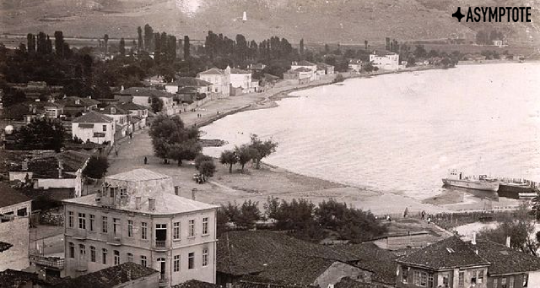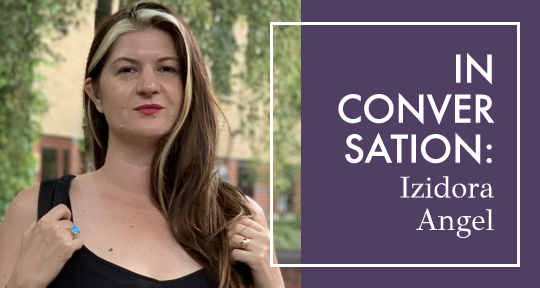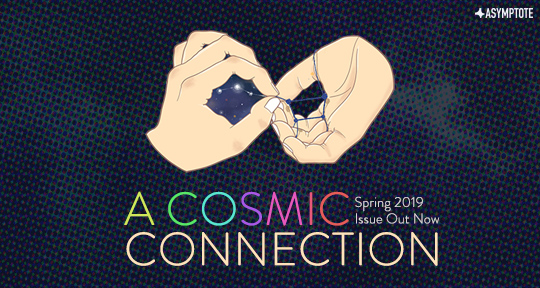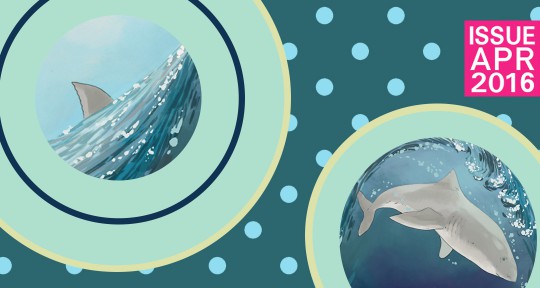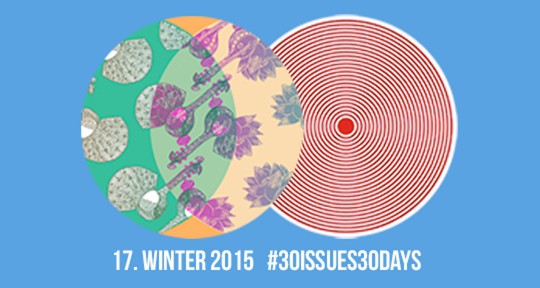On a website called Lost Bulgaria, anyone curious enough can browse thousands of carefully preserved and curated photographs depicting the poignant yet essential ways in which the people, customs, and landscape have transformed or been transformed from the last quarter of the 1800s until 2010. About a dozen of the blurred images kept in this time machine take us back to the first half of the twentieth century and Lake Ohrid, one of the world’s oldest and deepest, which nowadays is split by the border between North Macedonia and Albania. The majority of the visuals reveal everyday life near the shores, the monasteries that dot the mountainous terrain, the traditionally clad locals, or the passers-by who felt the need to extend a prayer to Saint Naum of Ohrid. Kapka Kassabova’s latest travelogue with distinct autobiographical elements, To the Lake: A Balkan Journey of War and Peace, offers a similar but much more powerful passage through the lake’s past and present.
The book, which reviewers often place in the travel fiction genre, is pronouncedly personal, even though the disclosed memories, both on an individual level and as an outlet for the collective subconscious, undoubtedly remind readers from diverse regions of the globe of their unique roots and unending voyage of self-discovery.
The author (b. 1973) spent her childhood and teenage years in Sofia and later moved with her family to New Zealand, only to finally—or at least for the time being—settle down in the Scottish Highlands. Her extensive travels have informed her writing, which encompasses poetry collections and novels, in addition to literary travelogues. Although Kassabova’s mother tongue is Bulgarian, she writes in English, a practice that evokes the likes of Vladimir Nabokov, Khalil Gibran, and Joseph Conrad and makes her Bulgarian translations all the more fascinating.
Located on the edge of her grandmother’s homeland, Lake Ohrid is where she passed a few of her summer holidays. Once considered the pearl of the Balkans, nowadays it is listed as a UNESCO World Heritage site and boasts endemic species and unique prehistoric remnants. Despite this international protection however, its pristine waters are still threatened by climate change and widespread pollution. While making a convincing case for immediate preservation action of global scale, Kassabova’s fictionalized reportage can also be perceived as a continuation to her previous one, Border: A Journey to the Edge of Europe, in which she sets on a quest to comprehend the meaning of the separation points not only between countries, but also between people. In a similar fashion, To the Lake prompts us to tag along as she traces the ancient Via Egnatia and dives into the bloody history of the region, where Bulgarians, Macedonians, Albanians, and Greek are always at crossroads, especially in the aftermath of the two Balkan wars and the ensuing decades under communist rule. READ MORE…

